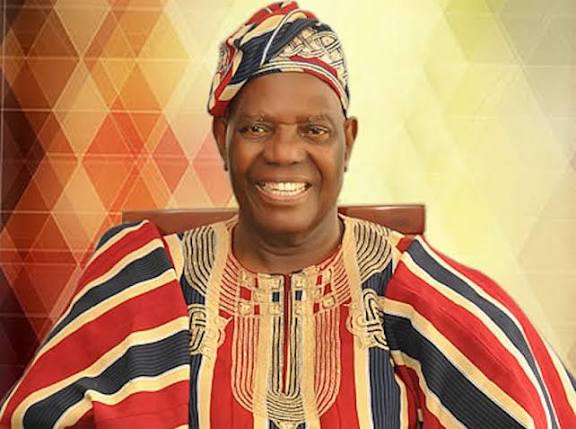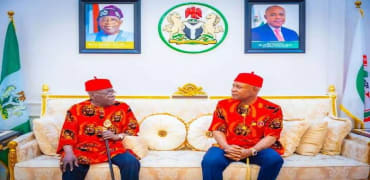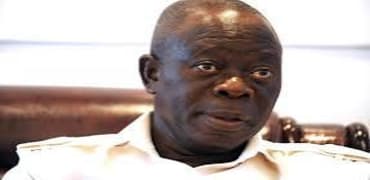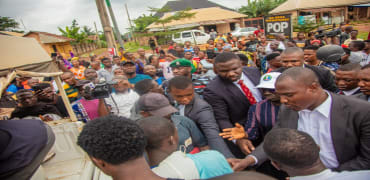Akande Calls for Governance and Economic Reform
*Akande Calls for Governance and Economic Reform*
Former Osun State Governor and elder statesman, Chief Bisi Akande, CFR, has called for a renewed vision of governance, structural reform, and economic discipline as essential steps to rebuild Nigeria’s prosperity and unity in the 21st century.
Akande made the remarks while delivering the Guest Lecture at the Joel Babatola Annual Lecture, organized by the Ekiti Council of Elders. The lecture traced Nigeria’s political and economic evolution, highlighting the historical challenges that continue to shape governance and development in the country.
The elder statesman reminded his audience that Nigeria’s modern borders were an artificial creation of British colonial expeditions, which in 1914 merged diverse ethnic and cultural groups into a single entity. He emphasized that the colonial system was designed for resource extraction and labor exploitation, rather than genuine development for Nigerians.
“Politics then was a tool to manipulate native rulers into serving foreign interests,” Akande said. He noted that the Action Group, founded in 1951 under Chief Obafemi Awolowo, represented Nigeria’s first genuine attempt to create governance that prioritized citizen welfare, freedom from ignorance, disease, and poverty.
Akande lamented that the optimism of independence was short-lived, as military dictatorships soon replaced civilian governance. He described the military era as political vandalism, emphasizing that armies are trained to defeat enemies, not to nurture democracy.
He criticized the period for entrenching impunity, fiscal recklessness, and dependence on “free money,” which he said continues to undermine Nigeria’s economic development through chronic debt and moral decay.
“Every grizzling opulence enjoyed by military rulers came at the expense of citizens,” he noted, referring to the era of what he termed “Army Robbery.”
Turning to present-day Nigeria, Akande praised President Bola Ahmed Tinubu’s Renewed Hope Agenda, describing it as a strategic roadmap to rebuild the nation’s economic foundation through productivity, infrastructure development, and human capital empowerment.
He outlined the agenda’s key priorities:
Achieving food security and agricultural self-sufficiency;
Accelerating infrastructure growth, particularly in transport and electricity;
Advancing human capital through science and technology; and
Strengthening national unity while protecting Nigeria’s resources from exploitation.
Akande said that these initiatives provide Nigerians with opportunities to thrive on a global economic stage. “Even if Nigeria remains a global economic chessboard, opportunities can now open for Nigerians to become captains among the players,” he said.
Chief Akande also paid tribute to the late Ekiti statesman, Chief Joel Babatola, in whose honour the lecture was held. He described Babatola as a selfless leader who joined the Action Group’s struggle to promote free education, healthcare, and prosperity for all citizens.
“Blessed be the memory of Joel Babatola,” Akande concluded, “and blessed be the unity and progress of Nigeria.”
The lecture attracted political leaders, academics, and community stakeholders, who lauded Akande for linking historical context to contemporary governance challenges and for highlighting the importance of disciplined leadership, economic prudence, and visionary planning for the nation’s development.
Akande’s message underscores a growing call among elder statesmen for Nigeria to move beyond short-term politics and embrace structural reforms that will foster sustainable growth, unity, and resilience in the face of global economic and political pressures.

















